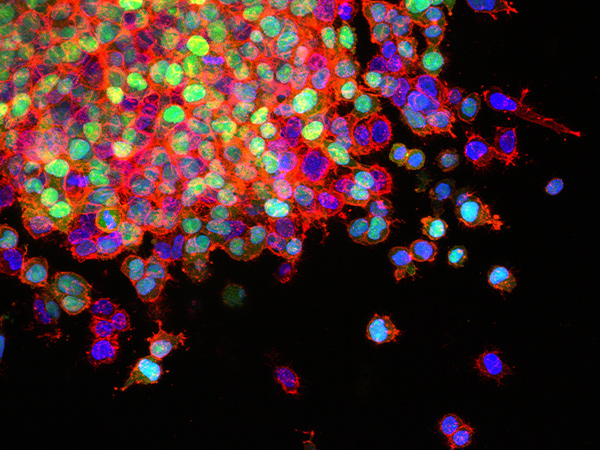Increasing Targeted Therapy Options for Lung Cancer Patients
The FDA approved a second molecularly targeted therapeutic for treating ROS1-positive lung cancer.

The U.S. Food and Drug Administration (FDA) recently approved the molecularly targeted therapeutic entrectinib (Rozlytrek) for treating certain patients with metastatic non–small cell lung cancer (NSCLC).
Entrectinib is intended for treating adult patients who have metastatic NSCLC that tests positive for mutations in the ROS1 gene.
Entrectinib is the second molecularly targeted therapeutic approved for treating metastatic ROS1-positive NSCLC. The first was crizotinib (Xalkori), which was approved for this use in March 2016.
NSCLC is the most common form of lung cancer diagnosed in the United States; researchers estimate the disease will account for about 84 percent of the 228,150 new cases of lung cancer expected to be diagnosed in 2019.
About one percent of NSCLC cases are fueled by mutations in the ROS1 gene. Entrectinib targets several proteins, one of which is ROS1.
The approval of entrectinib for treating metastatic ROS1-positive NSCLC was based on data from 51 patients who were treated with entrectinib in one of several phase I and phase II clinical trials. Three of the patients (6 percent) had complete tumor shrinkage and 37 (72 percent) had partial tumor shrinkage. Tumor shrinkage persisted for 12 months or longer for 22 of the patients.
The FDA approval was rendered on Aug. 15, 2019.
